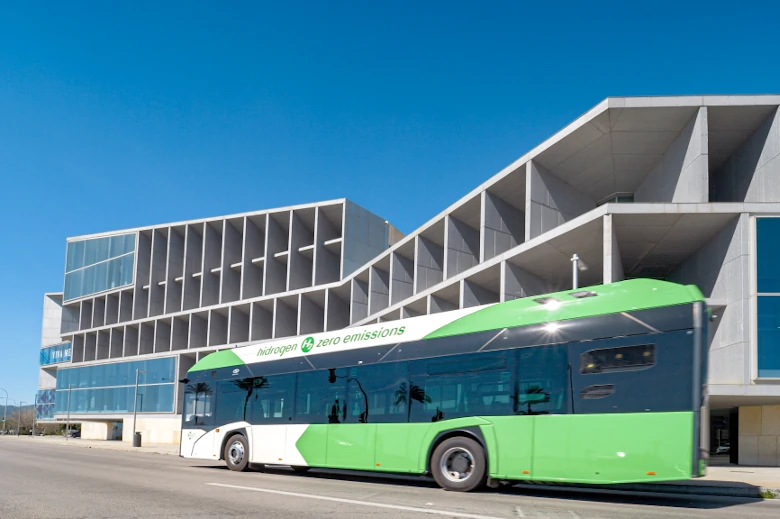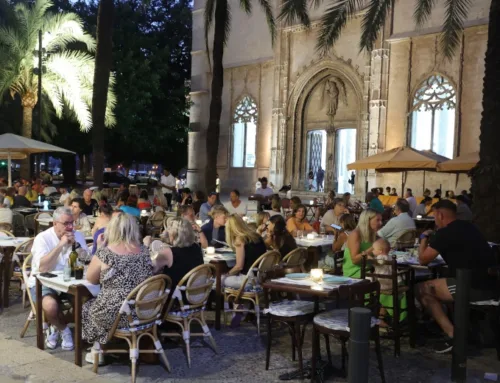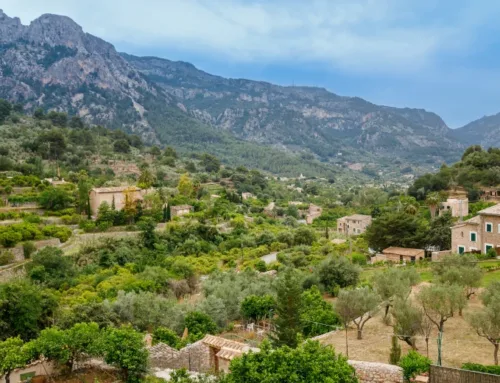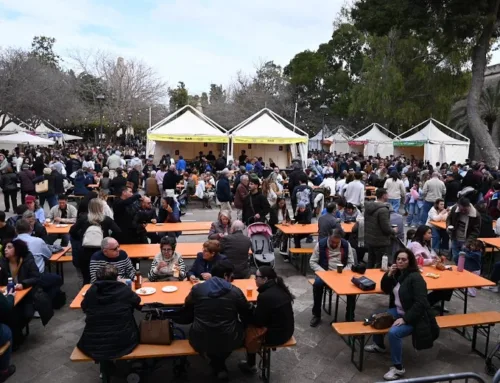After almost two years out of service, Palma’s hydrogen buses are back on the road. These vehicles, which had been inactive due to a lack of fuel supply, started operating again last Saturday, when they transported the RCD Mallorca players to the Mallorca Son Moix stadium and provided extra service for fans.

Image of one of Palma’s hydrogen buses. Photo: Ajuntament de Palma.
Since then, Palma’s hydrogen buses have been integrated into the regular service and currently operate on routes L1 (Portopí-Sindicat), L24 (Antiga Presó-Nou Llevant), L20 (Portopí-Son Espases), L29 (Son Espases-Pl Progrés), L39 (Son Espases-Palau de Congressos) and L40 (Eixample Transversal). Some vehicles switch routes at different times of the day to meet service needs.
The return of these buses has been made possible thanks to the Lloseta plant starting to produce green hydrogen. In addition, the current municipal government completed the tendering and contracting process for the supply, a necessary administrative step that had previously been left unfinished.
Clean energy
Green hydrogen is a clean energy source produced from water and renewable electricity, such as solar or wind power. Through a process called electrolysis, hydrogen is separated from oxygen in water without emitting carbon dioxide or other pollutants. Unlike traditional hydrogen, which is derived from fossil fuels, green hydrogen produces no emissions and helps combat climate change.
It is a key option for decarbonising sectors such as transport, industry, and energy production, where reducing emissions is particularly challenging. Moreover, it can be easily stored and transported, making it a strategic solution to ensure stable and sustainable energy supply. Green hydrogen is a fundamental part of the transition towards a low-carbon economy.







Leave A Comment